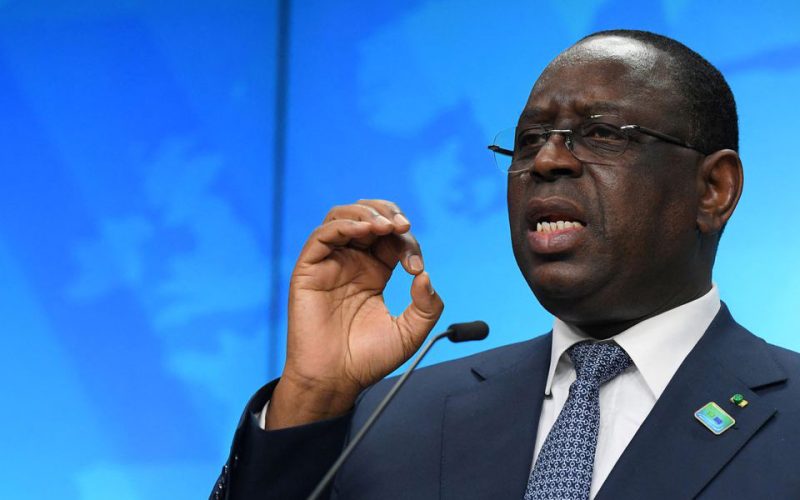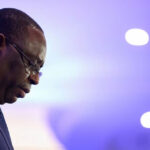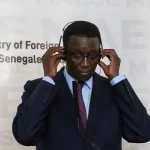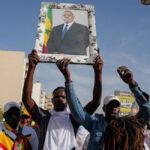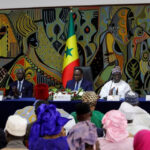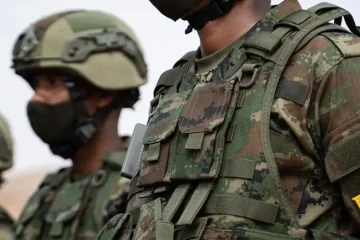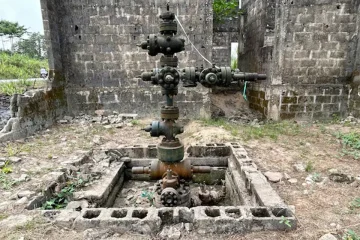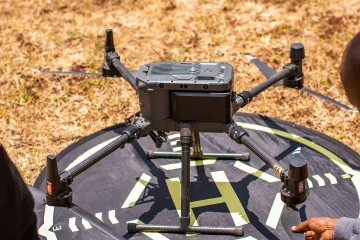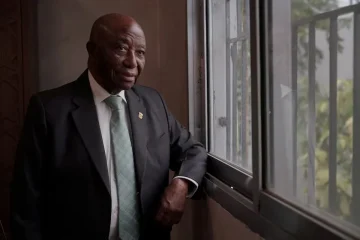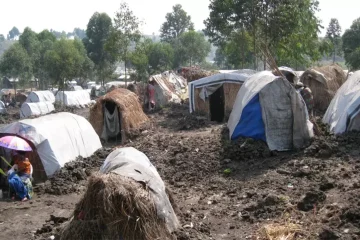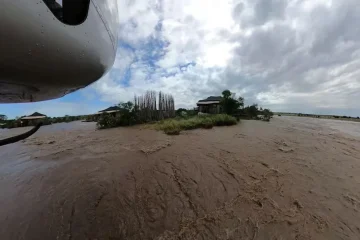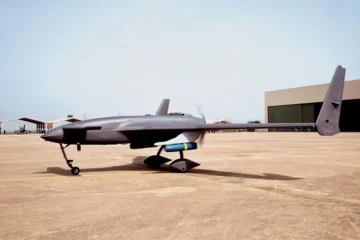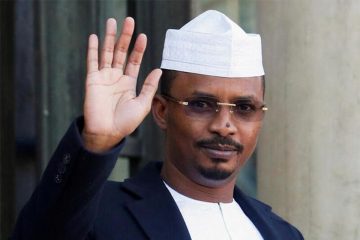SENEGALESE President Macky Sall promised investors that “difficult and repressive” customs and tax rules would be reformed as the West African nation seeks to lure more foreign capital.
Addressing more than 50 foreign delegations at an investment forum in the capital Dakar, Sall said Senegal had to simplify its administrative processes to make its business climate more attractive.
“The fiscal environment is purposely set up in a way that it is not understood,” he said in an opening speech.
“We also need to reform the customs code, which honestly is also difficult and repressive, the tax code, and the civil procedure code.”
Planned reforms include the digitisation of trade and investment protocols and better protections for investor rights and tax breaks for investors, he said.
Other changes would create a new legal framework for public-private partnerships, facilitate access to land and modernise labour laws, he added.
Foreign investment in Senegal was flat year-on-year in 2022 at around $2.5 billion, after rising gradually over the preceding decade, according to U.N. trade data. Investment flows to West Africa as a whole fell 35% last year.
John Humphrey, British Trade Commissioner for Africa, said Senegal’s business climate was easier to navigate than others in Africa.
“Senegal stands out in a continent where doing business can be challenging,” he said at the forum. UK-Senegal trade ties were growing thanks to various projects including BP’s involvement in Senegal’s first natural gas projects, he added.
Senegal’s economic growth is expected to hit around 8% this year after slowing to 4% last year due to rising energy and food prices and other pressures, the International Monetary Fund said in June. The medium-term outlook has been boosted by oil and gas production, which is set to start in early 2024, it said.

